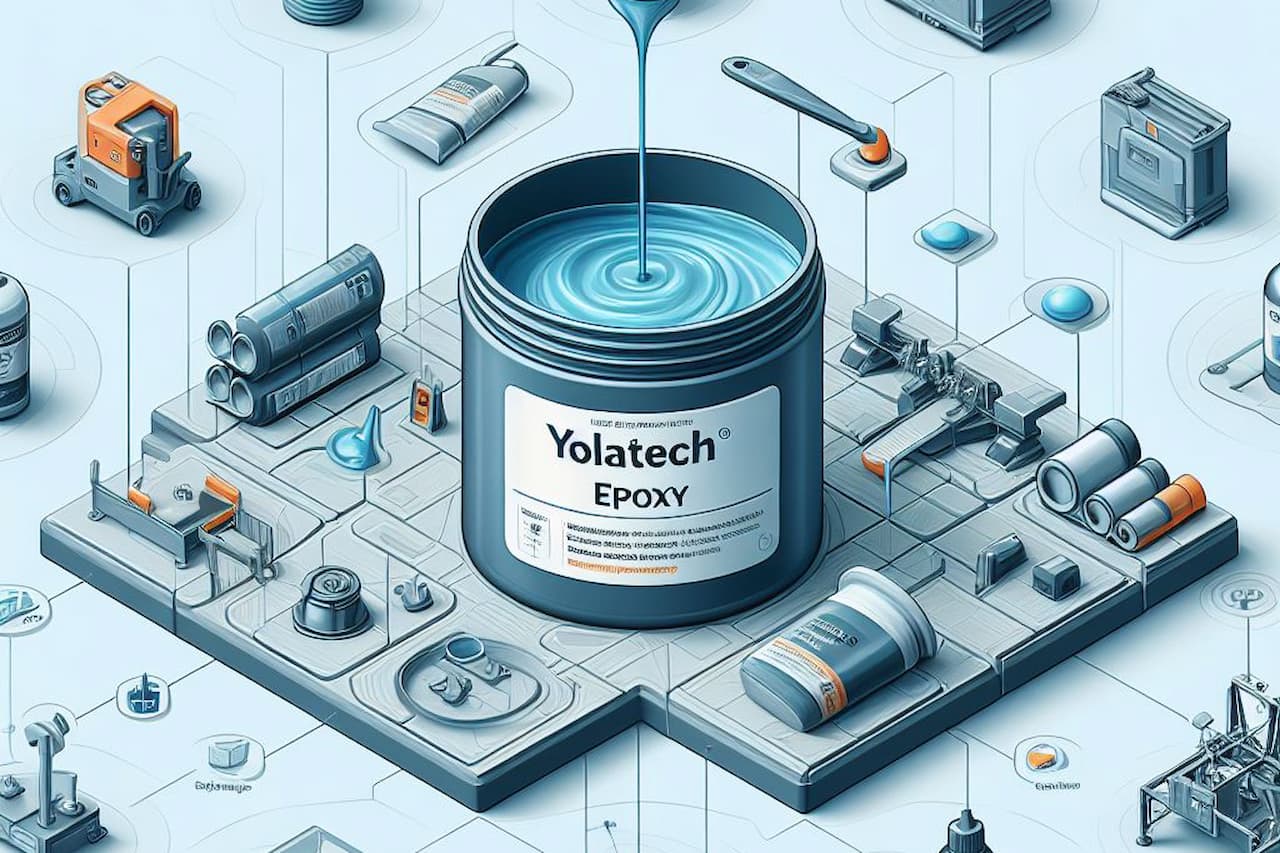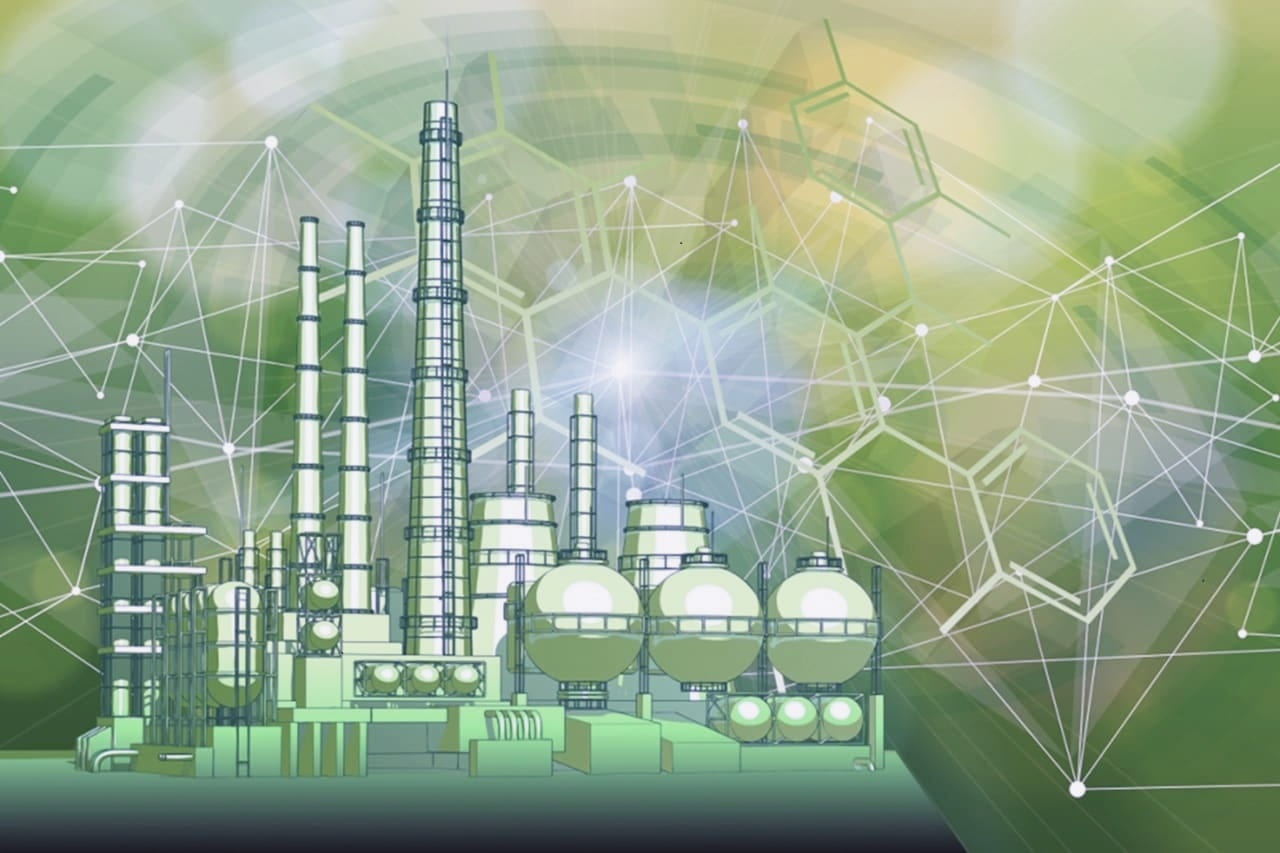Properties of Epoxy Resin Adhesive
Apr 01, 2024
Epoxy resin adhesive is a reprocessing or modification of epoxy resin to make its performance parameters meet specific requirements. Usually epoxy resin adhesives are also used with curing agents and need to be mixed well to be fully cured. Generally, the epoxy resin adhesive is called A adhesive or main agent, and the curing agent is called B adhesive or curing agent(hardener).
Main properties of epoxy resin adhesives before curing
Colur, viscosity, specific gravity, proportioning, gel time, open time, curing time, thixotropy (flow stopping), hardness, surface tension, etc.
Main properties of epoxy resin adhesive after curing
Resistivity, proof voltage, water absorption, compressive strength, tensile strength, shear strength, peel strength, impact strength, heat deflection temperature under load, glass transition temperature, internal stress, chemical resistance, elongation, shrinkage coefficient, thermal conductivity, electrical conductivity, weathering resistance, aging resistance, dielectric constant.
Curing characteristics of epoxy resin adhesive
Most of the epoxy resin adhesives are heat-setting adhesives.
The higher the temperature of the epoxy resin adhesive, the faster the curing.
The more the amount mixed at one time, the faster the curing.
The curing process has exothermic phenomenon, etc.
Nanjing Yolatech provides all kinds of high purity and low chlorine epoxy resins, including Bisphenol A epoxy resin, Bisphenol F epoxy resin, Phenolic epoxy resin, Brominated epoxy resin, DOPO modified phenolic epoxy resin, MDI modified epoxy resin, DCPD epoxy resin, Multifunctional epoxy resin, Crystalline epoxy resin, HBPA epoxy resin and so on. And we also could provide all kinds of curing agents or hardeners and diluents.
We will be at your service 24 hours a day. Pls contact us freely.
Read More




